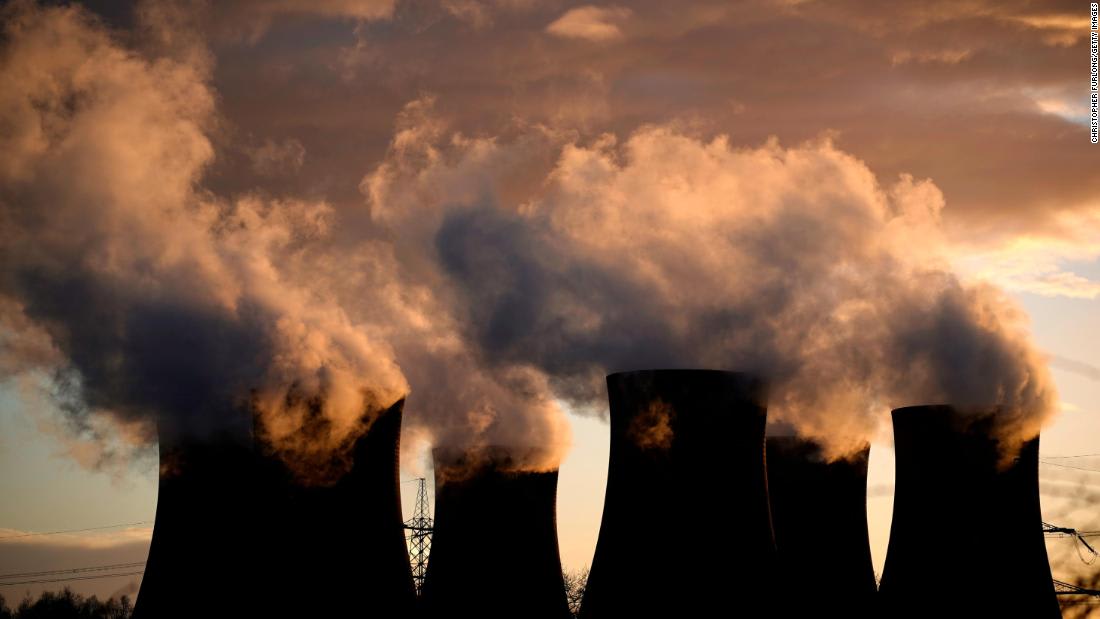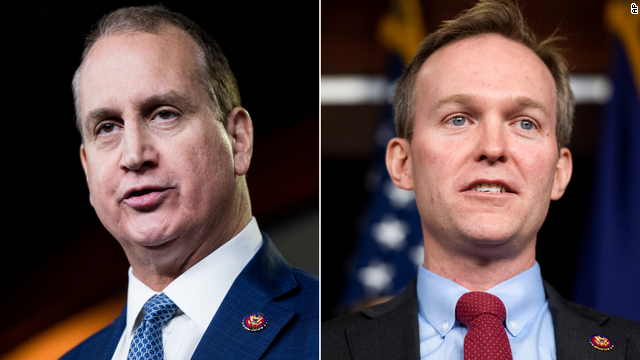
Starting tonight, New Zealand will ban any foreign citizens from entering the country, Prime Minister Jacinda Ardern announced in a news conference today.
“Protecting New Zealanders from Covid-19 is our number one priority. In recent days it has become increasingly clear that the spread of the virus in other parts of the world means we need to take even stronger border measures,” Ardern said in a news release shortly after the conference.
“Today’s decision stops any tourist, or temporary visa holder such as students or temporary workers, from coming to and entering into New Zealand."
The travel ban will now apply to those coming from the Pacific Islands, who had previously been exempt from restrictions.
It will also close off travel between New Zealand and Australia for the majority of citizens in the two countries, who are typically able to travel back and forth without a visa.
“A small number of exemptions to the new measures can be sought for humanitarian reasons, essential health workers and citizens of Samoa and Tonga who need to travel to New Zealand for essential reasons," Ardern said.
New Zealanders’ partners, legal guardians or any dependent children traveling with them may also return.
The threat of imported cases: The new measures come after the country reported eight new cases today, bringing the national total to 28.
All the new infections are "related to overseas travel," not locally transmitted, said the ministry. There is not yet any evidence of community transmission in the country.
“All of the cases of Covid-19 identified in New Zealand relate to people travelling to New Zealand and bringing the virus with them – therefore we need to further restrict the risk of people bringing the virus into New Zealand," Ardern said in the release.
UPDATE: This post was updated to accurately reflect the restrictions.











